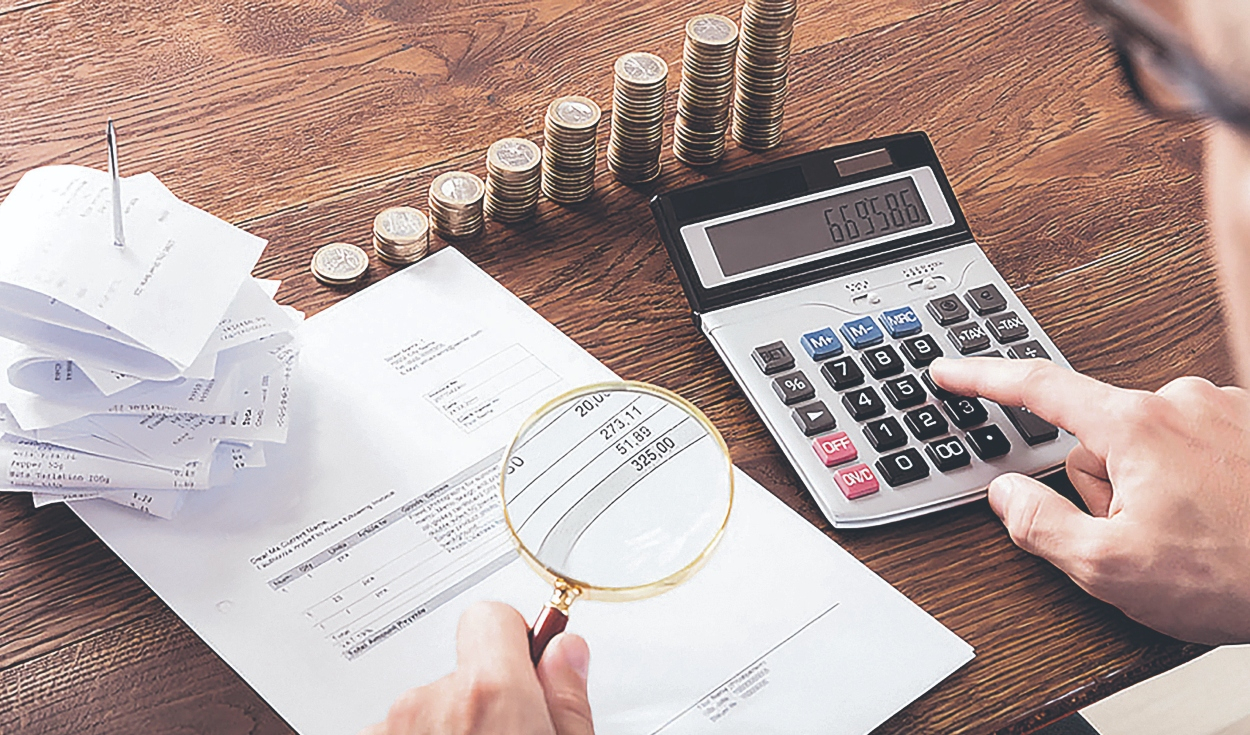
No more personal payments at hotels, restaurants, shopping centres or for petrol using the company’s RUC. A new technology based on ‘text mining’ has allowed Sunat to detect that, every month, more than 16,000 taxpayers declare non-deductible expenses as if they were part of their business.
In other words, they declare personal or family expenses as if they were company expenses in order to reduce the amount of taxes they must pay. In these cases, only the issuance of a sales receipt should be appropriate.
In Peru, this bad practice has meant, until May, the improper declaration of about S/4 million each month, through some 425,000 electronic invoices. This is more than S/20.7 million of potentially repairable VAT that the Administration is now seeking to “correct as soon as possible,” according to Superintendent Gerardo López.
“The correct use of deductions favors tax compliance. We are in a preventive stage, we do not want to reach a sanction. Using a deduction that is not appropriate implies having less income for the State and the projects that need to be executed for the well-being of the entire population,” said the official.
Do not declare personal expenses as if they were company expenses
Data traceability begins in January 2023 with the widespread implementation of electronic invoicing. A preventive program that even anticipates the registration of bad operations and, of course, the sworn declaration, explains the Superintendent of Strategies and Risks of Sunat, José Peña.
By October of that year, each taxpayer was notified of the details of the invoices that they were trying to include in their accounting, including the product that had been purchased.
The call to attention worked: after being discovered, the number of these invoices that were not registered with Sunat went from 50% to 70%. And what happens with the balance?
“There may indeed be situations where the taxpayer warrants it, for example, a collective agreement with its workers to provide them with some type of food or supplies,” says Peña.
In order to identify specific cases, he says, a detailed verification would be required regarding some inductive action. In the most serious cases, an audit could be carried out.
Most of the incidents are from companies in the retail sector -led by SMEs-, with expenses in restaurants, supermarkets and gas stations.
The “Non-deductible expenses” campaign has already carried out various actions in Lima and Piura – with guidance for 1,191 taxpayers – as well as Huacho and Huaraz. Not only for those who request it, but also for those who issue it. It is expected to carry out 120 more actions nationwide by the end of 2024.
Sunat: What is a non-deductible expense?
- Non-deductible expenses are those related to personal consumption and support of taxpayers and their families that are not related to the business and, therefore, do not allow the right to deduct the VAT tax credit and/or are not considered for IR deductions. Only sales receipts apply for these expenses.
- Sunat warns that, by requesting invoices for personal or family expenses, the amount of taxes payable would be unduly reduced and, in addition, would be subject to a penalty for omitting the tax payable.
- The penalty for these bad taxpayers corresponds to 50% of the omitted tax, in addition to the prior payment of 100%.
Source: Larepublica
Alia is a professional author and journalist, working at 247 news agency. She writes on various topics from economy news to general interest pieces, providing readers with relevant and informative content. With years of experience, she brings a unique perspective and in-depth analysis to her work.











